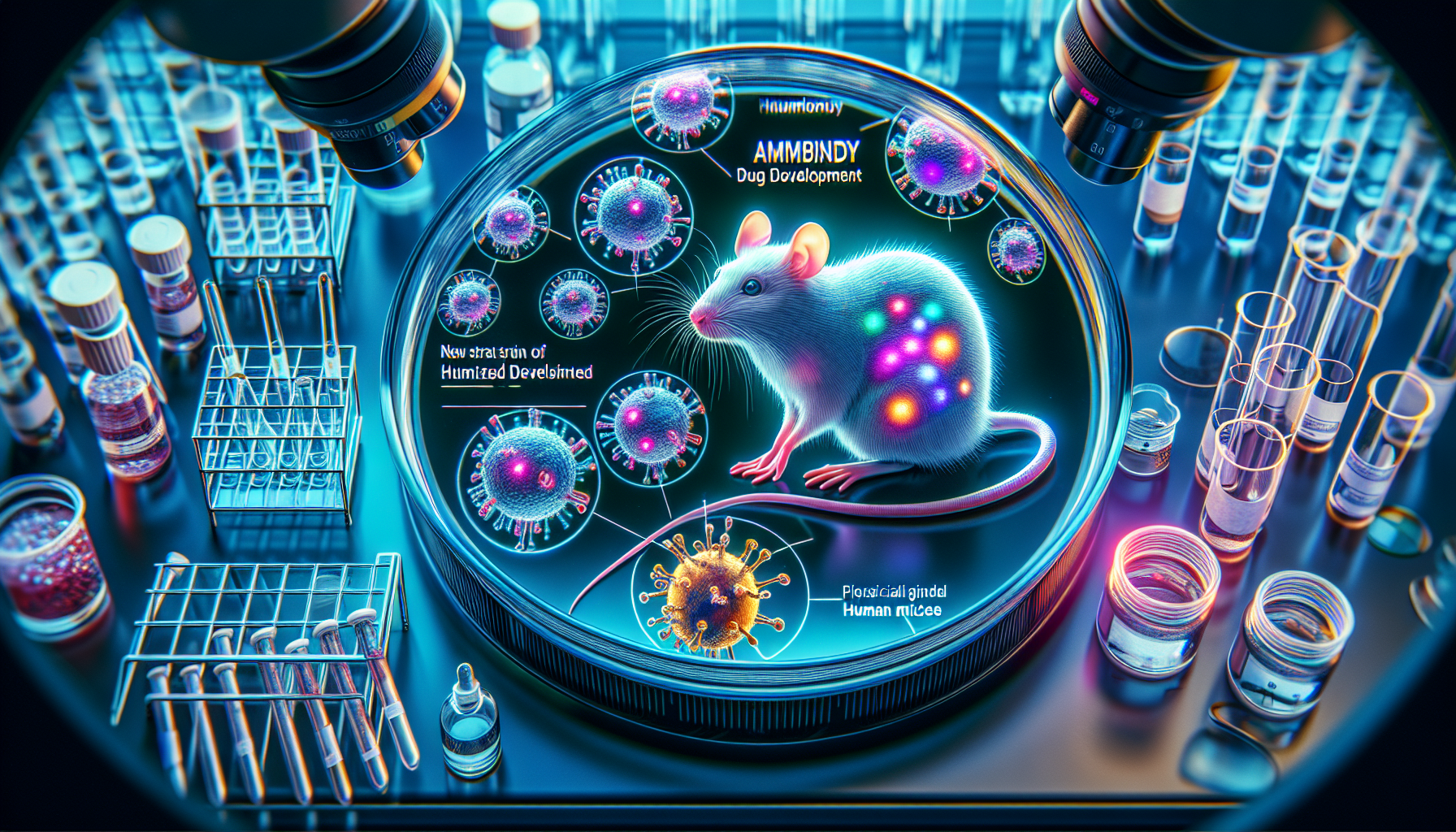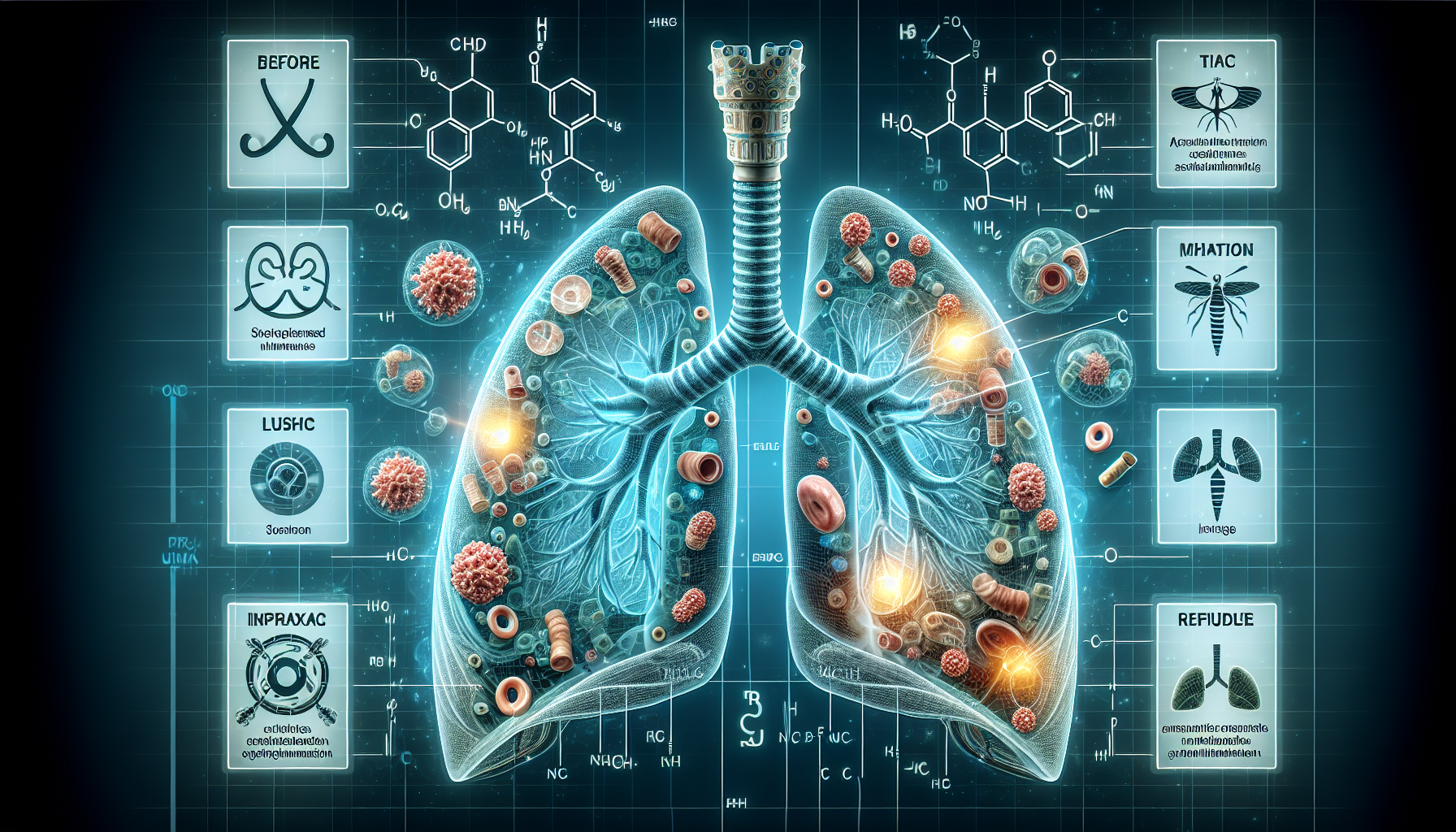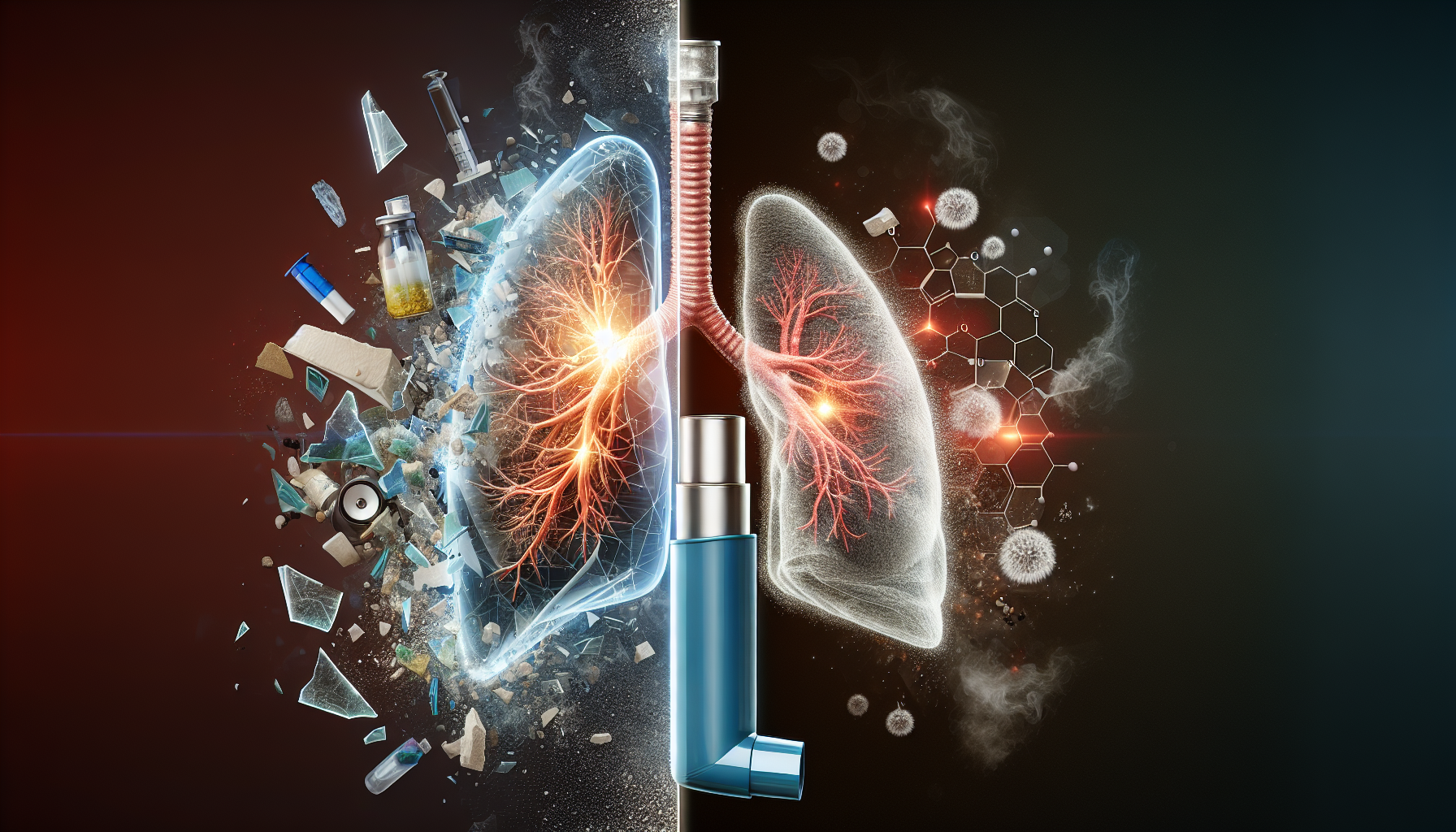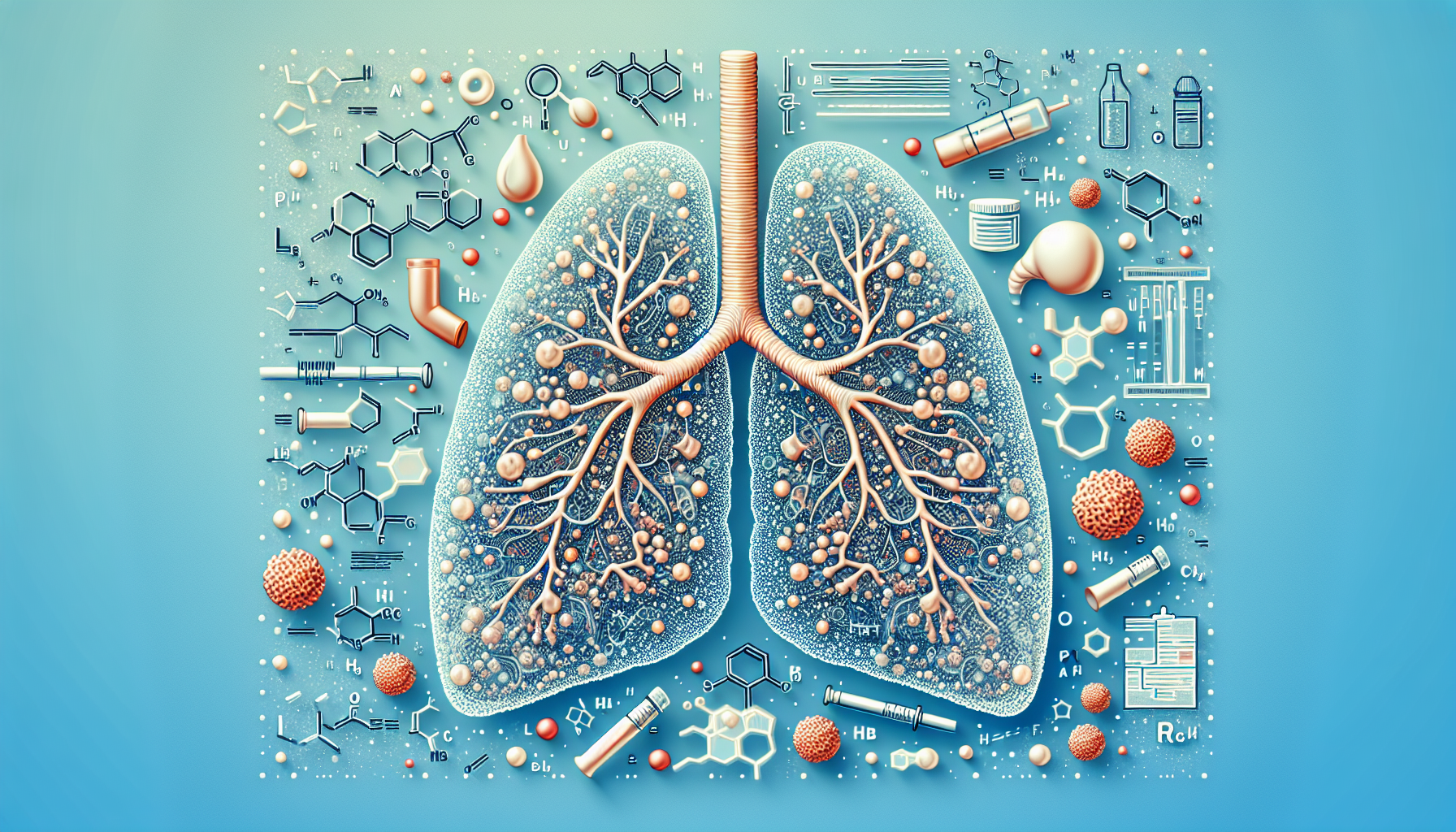Asthma and Allergies: New Findings from the Latest Conference
Key Takeaways
- Exposure to violence is linked to neutrophilic asthma in youth.
- Few patients are evaluated on all clinical endpoints for asthma remission.
- Extreme heat increases asthma-related hospital visits.
Did You Know?
Impact of Violence on Asthma in Youth
At the American Thoracic Society International Conference, researchers reported disturbing findings about the impact of violence on children and adolescents in Puerto Rico. Exposure to violence was linked to a type of asthma known as neutrophilic asthma. This form of asthma is characterized by increased numbers of a type of white blood cell called neutrophils in the lungs.
Children experiencing violence may have higher levels of inflammatory markers, contributing to asthma severity. Additionally, the stress and trauma from exposure to violence can lead to poor diet choices, depression, and anxiety, indirectly exacerbating asthma symptoms. These findings underscore the need for comprehensive care that addresses both physical and mental health in young asthma patients.
Evaluating Asthma Remission
Another significant presentation from the conference highlighted a gap in the management of asthma remission. It was revealed that only a few patients are evaluated based on all seven clinical endpoints that define complete asthma remission. These endpoints include measures like symptom control, lung function, and reduction in medication use.
This finding suggests a need for more rigorous and comprehensive evaluation methods to ensure patients achieve and maintain asthma remission. Health practitioners are encouraged to adhere more closely to clinical guidelines to improve patient outcomes.
Heat and Asthma Hospital Visits
Extreme heat and prolonged high temperatures were also discussed at the conference. Researchers have found that such conditions are linked with an increase in asthma-related hospital visits. During periods of extreme heat, individuals with asthma are more likely to experience exacerbations, leading to emergency room visits and hospitalizations.
Understanding this connection can help healthcare providers develop strategies to protect patients during heatwaves, such as advising on staying indoors, staying hydrated, and using air conditioning when possible.
Advancements in Asthma Treatment
New treatments are also showing promise. For example, a clinical trial presented at the conference reported positive results for rilzabrutinib, a medication being tested for its potential to reduce asthma control loss events. Patients with moderate to severe asthma who received rilzabrutinib experienced fewer incidents of loss of asthma control, pointing to its potential as an effective treatment option.
Research like this is critical for the ongoing development of better asthma therapies that can improve the quality of life for patients.
Mucus Plugging in Severe Asthma
Presenters at the conference also discussed the challenge of persistent mucus plugging in patients with severe asthma. Despite the use of biologic treatments, some patients continue to experience mucus accumulation in their airways, which can obstruct airflow and worsen symptoms.
Addressing this issue remains a priority for researchers and clinicians to prevent complications and improve patient outcomes in severe asthma cases.
References
- American Thoracic Societyhttps://www.thoracic.org/
- Asthma and Allergy Foundation of Americahttps://www.aafa.org/
- U.S. National Library of Medicinehttps://medlineplus.gov/asthma.html






